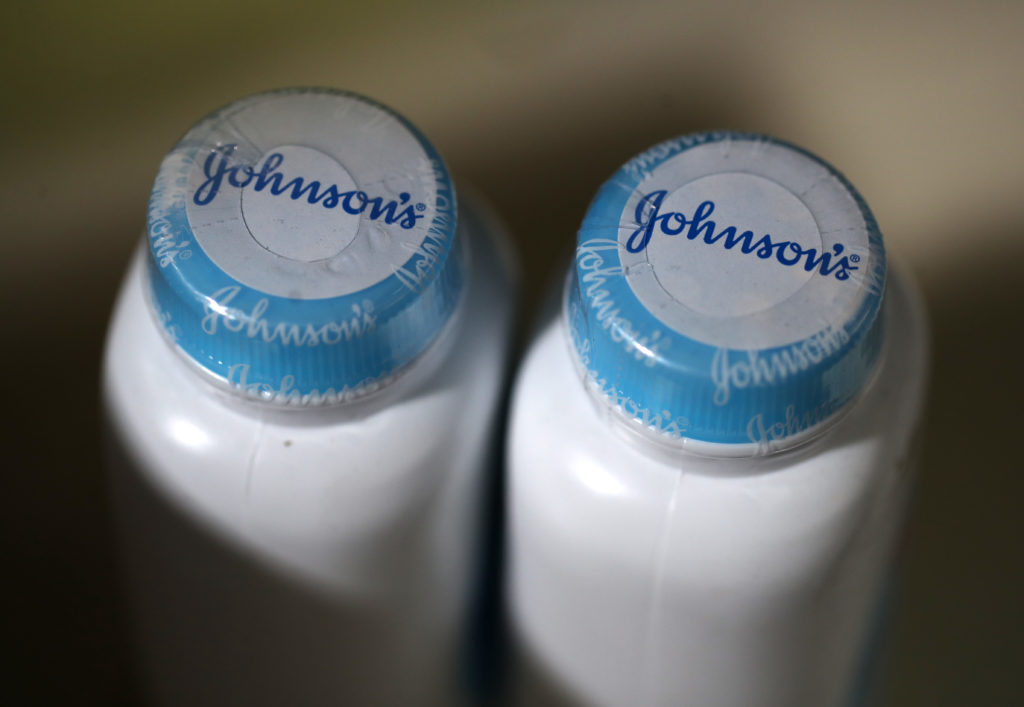There is ‘no evidence’ this HIV drug protects against coronavirus

(Pexels)
One of the world’s largest healthcare product companies Johnson & Johnson said Monday that it found no evidence that its HIV-preventative drug has any effect against the coronavirus.
Scientists across the world have scrambled to source a vaccine for the deadly virus which started in the Wuhan province of China. As of Monday, more than 175,000 have acquired COVID-19 and nearly 6,700 people have died.
In the panicked race to flatten surging cases, many health authorities are testing HIV treatments to treat patients diagnosed with COVID-19. Some have even reported success, but exercise extreme caution at proclaiming it a “cure”.
But Johnson & Johnson officials wrote in a statement that its drug, Prezista, had little impact in battling SARS-CoV-2, the virus itself.
Johnson & Johnson: ‘No evidence’ HIV drugs affect coronavirus.
The company’s protease inhibitor darunavir – which it branded as Prezista – is often used with a boosting agent and in combination with other antiretrovirals.
In the statement, Johnson & Johnson said the “anecdotal” claims that Prezista is effective in curbing COVID-19 are “unsubstantiated”.
“Johnson & Johnson has no evidence that darunavir has any effect against SARS-CoV-2,” the statement read.

Johnson & Johnson researches said it is screening anti-viral drugs including darunavir to determine the in vitro effect against the virus. (Justin Sullivan/Getty Images)
“Johnson & Johnson is screening its antiviral compounds, including darunavir, to determine potential in vitro effect against SARS-CoV-2.”
In vitro experiments refers to tests done within cells.
“We are partnering with multiple organizations”, the statement continued,” to support the development of research programs and fast-track solutions for COVID-19.”
The statement said that usage of HIV treatments were based on unpublished clinical data that were used on patients infected with severe acute respiratory syndrome, a virus similar to the pandemic.
Delicate and bristled with spikes, the coronavirus strain that is choking the world first emerged in December 2019 and was tracked down to Wuhan’s busy seafood and livestock market.
COVID-19 quickly spread beyond China to France, Germany, Japan, the US, Australia, Singapore, Malaysia, Cambodia, Sri Lanka, the UAE, South Korea, Vietnam, Thailand, Canada and Nepal.

